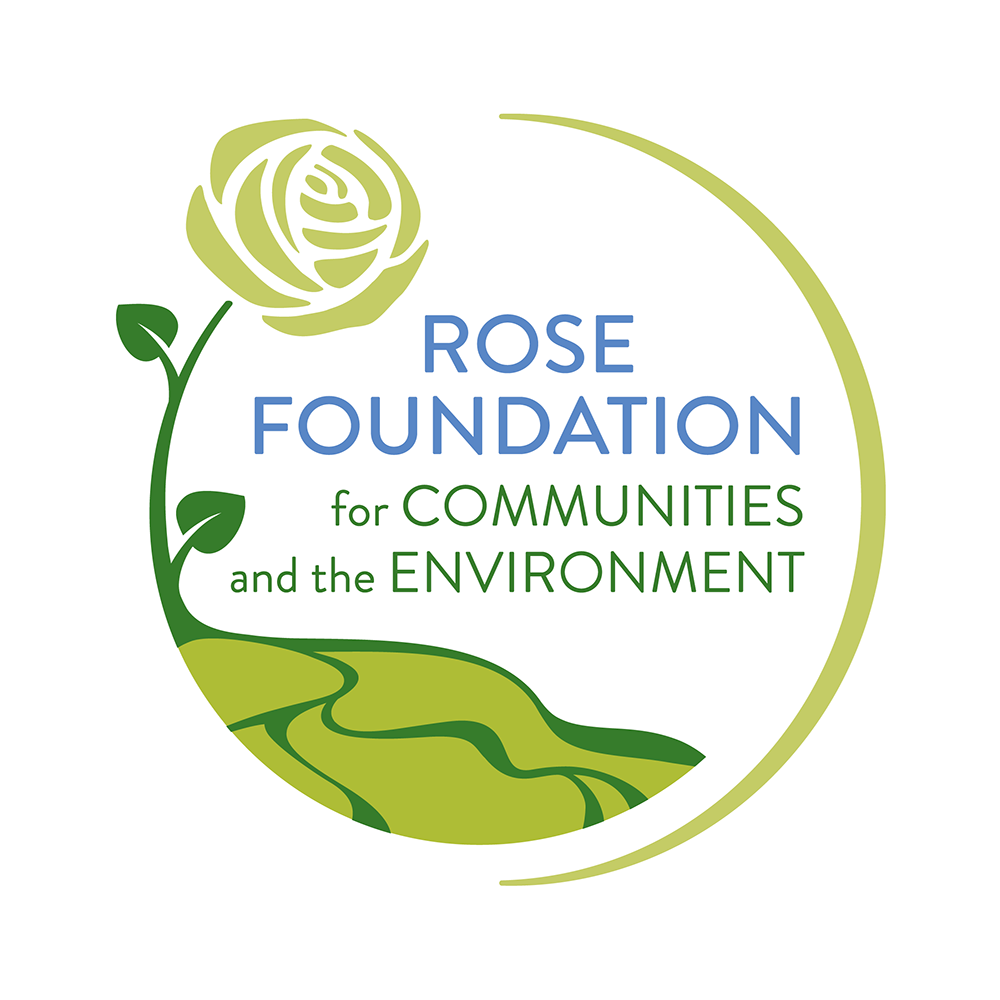Former Kaiser Aluminum Site Leaches PCBs Into Deadman’s Creek and the Little Spokane River
Sydney Roeske, Gonzaga University School of Law Student
The site of the former Kaiser Aluminum & Chemical Company (Kaiser) smelter has been abandoned and left a legacy of contaminated groundwater with polychlorinated biphenyls (PCBs). The PCBs found at the former smelter site contaminated retention ponds and groundwater that followed a migratory path to an outfall at Deadman Creek. The Creek is a tributary of the Little Spokane River, which in turn feeds into the Spokane River. This adds to the complexity of the Spokane River meeting water quality standards for PCBs.
How Clean is Clean? Litigation of PCB Testing in Washington
Sydney Roeske, Gonzaga University School of Law Student
Seattle Iron and Metals (“SIM”), an auto shredder and metal recycler, obtained a wastewater and stormwater NPDES permit issued by the Washington Department of Ecology (Ecology) to discharge into the Duwamish. Puget Soundkeeper (“Soundkeeper”) challenged issuance of this permit based on the testing methodology used. Soundkeeper argued the permit was insufficient to understand whether a permit holder is violating the WQS and a more sensitive test method should be used. The Washington Supreme Court ruled against Soundkeeper finding that the “the method has not been approved by EPA and [cannot] tell whether the PCBs are in the wastewater, test container, or circulating in the air.”
PCBs, Monsanto & the Spokane River: Local Lawsuit Turned National
Sydney Roeske, Gonzaga University School of Law Student
In 2015, the City of Spokane commenced a local lawsuit against Monsanto seeking reimbursement for costs incurred by Monsanto’s alleged contribution to PCB contamination in the Spokane River. Over time, various lawsuits popped up in other cities nationwide with similar allegations. Ultimately, a class action suit involving over 500 members was consolidated, ending in a settlement that distributed funds from Monsanto across the nation.
PCB Petition Process under TSCA
John Cummings, Gonzaga University School of Law Student
The Spokane River Regional Toxics Task Force advocates amending the Toxic Substance Control Act (TSCA) to remove consumer products being able to contain, and therefore place into the environment, inadvertent PCBs. This article examines an alternative, which is to petition the Environmental Protection Agency process to ban or restrict a chemical under TSCA.
Sierra Club’s Case Against the County’s Wastewater NPDES Permit
Sydney Roeske, Gonzaga University School of Law Student
On July 19, 2013, Sierra Club and the Center for Environmental Law & Policy appealed the issuance of an NPDES permit by the Department of Ecology to Spokane County for the Spokane Regional Water Reclamation Facility to Washington’s Pollution Control Hearings Board (PCHB). Plaintiffs’ appeal challenged “whether the NPDES Permit unlawfully authorize[s] PCB discharges that will cause or contribute to a violation of water quality standards.” The PCHB found that portions of the NPDES Permit were invalid, including remanding Ecology to address conditions related to PCBs. In 2016, the Washington State Court of Appeals affirmed the PCHB decision.
Water Quality Standards: Washington and the Spokane River
Sydney Roeske, Gonzaga University School of Law Student
The Clean Water Act (“CWA”) was established with the purpose of “restor[ing] and maintain[ing] the chemical, physical, and biological integrity of the Nation’s waters.” Among the many mechanisms to accomplish this goal, the CWA delegated the function of developing water quality standards (“WQS”) to the state. (definition?). States were to submit and seek approval of their WQS by the Environmental Protection Agency (“EPA”), otherwise, EPA could issue its own WQS on behalf of the state.
